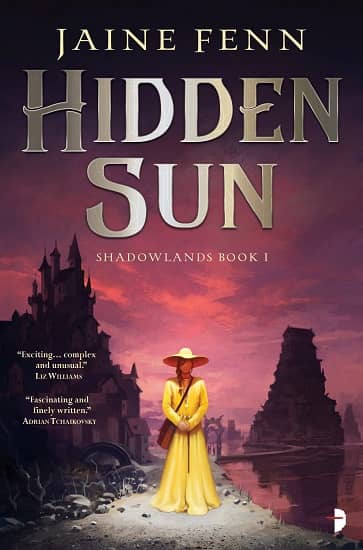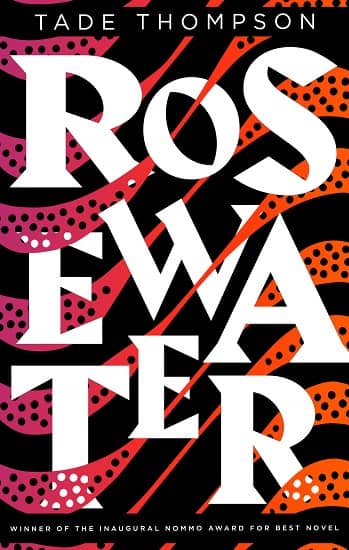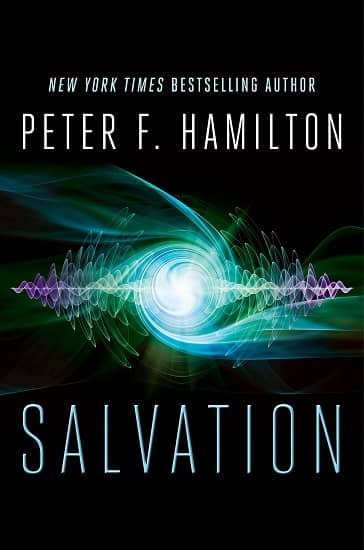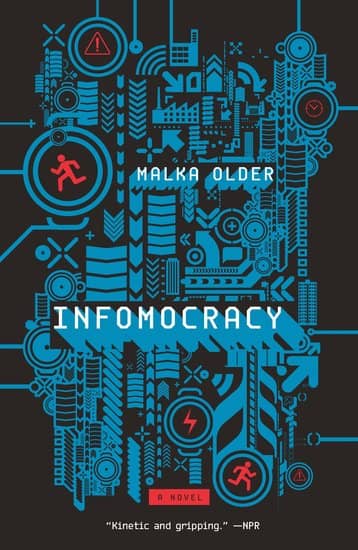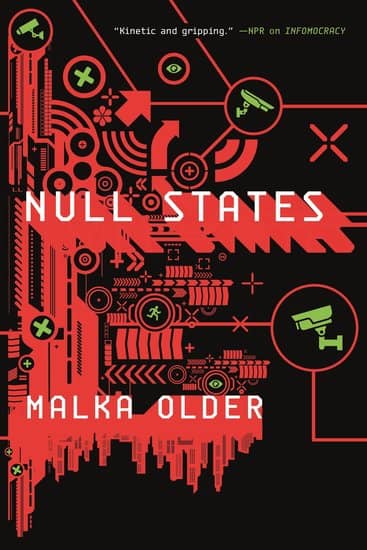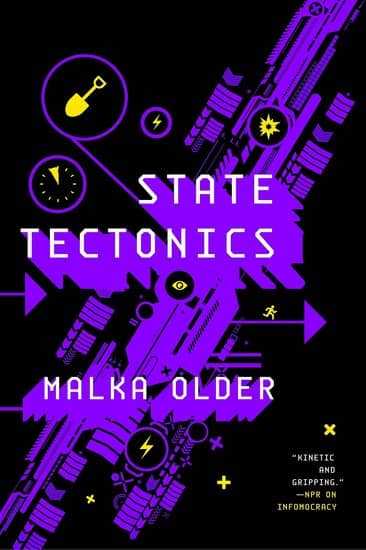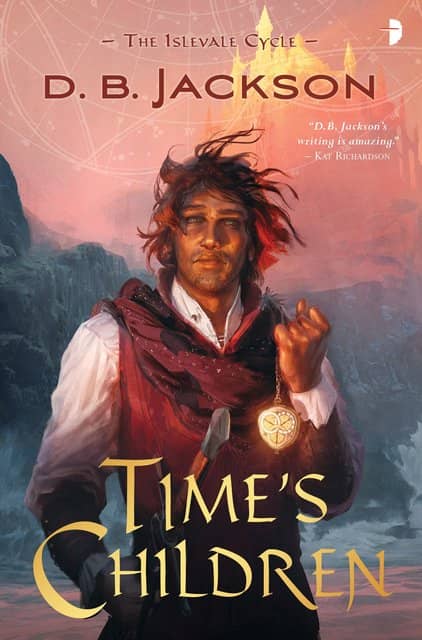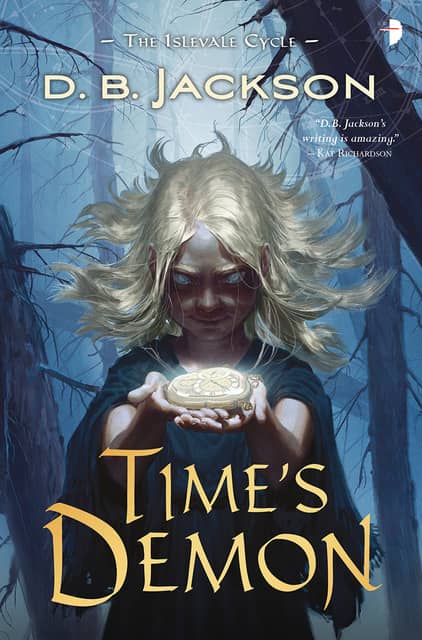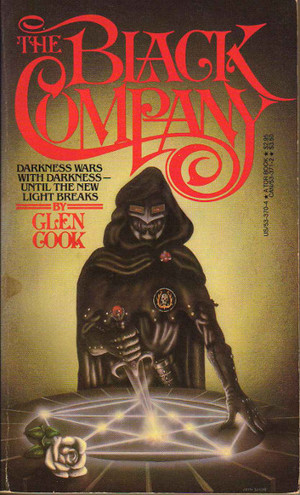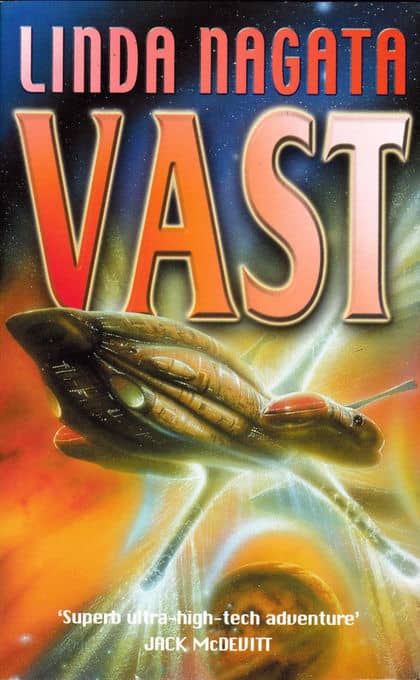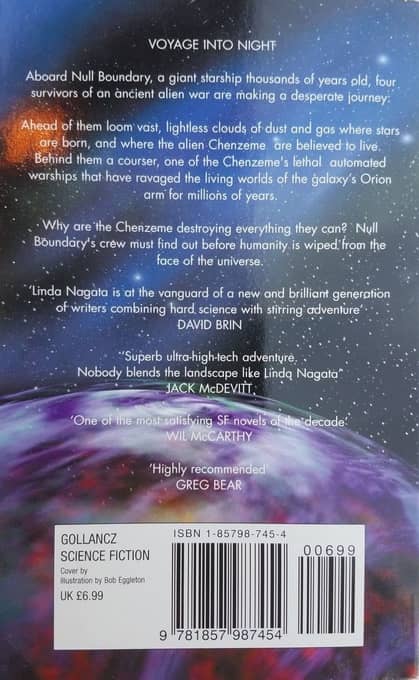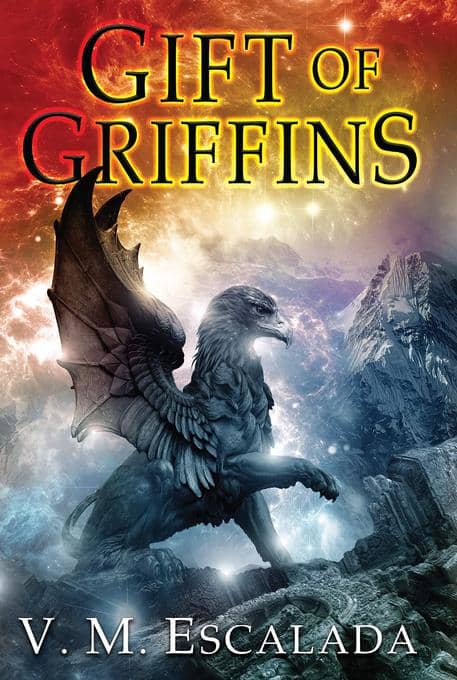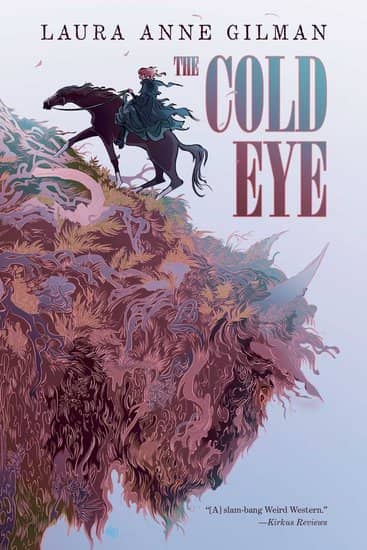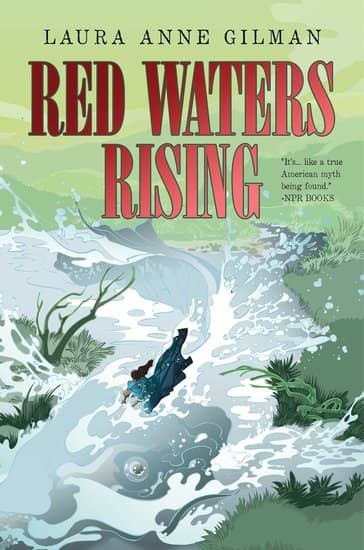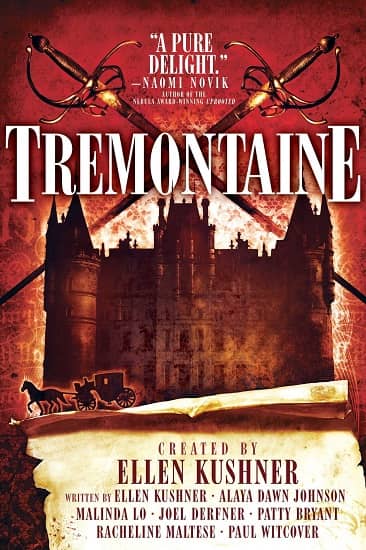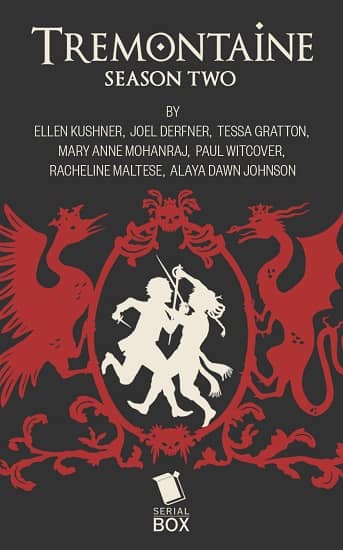New Treasures: The Dreaming Stars by Tim Pratt, Book 2 of The Axiom
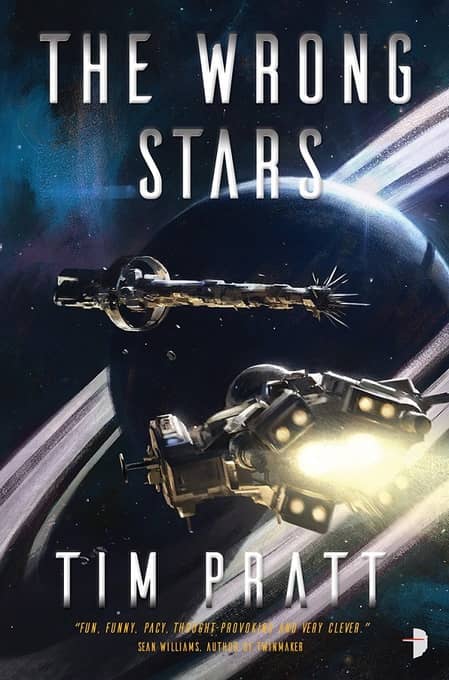 |
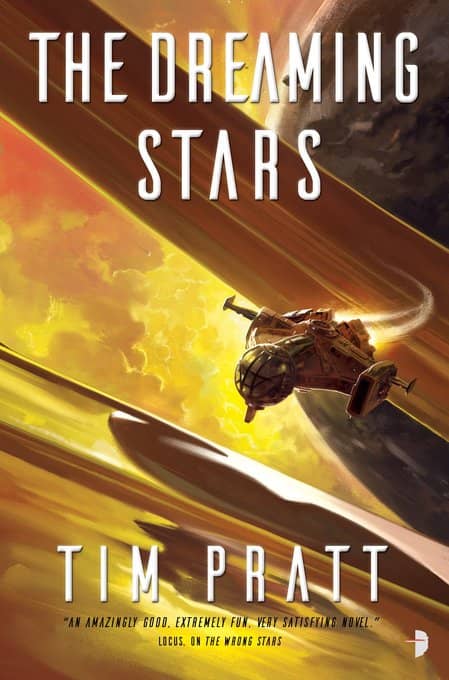 |
Tim Pratt is a Senior Editor for Locus magazine. He won the Hugo Award for his short story “Impossible Dreams” (Asimov’s SF, July 2006). As T. A. Pratt he’s the author of the 10-volume Marla Mason fantasy series (Blood Engines, Poison Sleep, etc.), under the name Tim Prett he’s published The Strange Adventures of Rangergirl, the Pathfinder Tales novels Liar’s Island and Liar’s Bargain, and much more.
The Wrong Stars looks like his breakout book (see our coverage here). It was published by Angry Robot last year, and Sam Reader at the Barnes & Noble Sci-Fi Blog raved about it, saying “Through his wit, dialogue, and vast, varied cast, Tim Pratt has created a space opera for today… while still delivering the sense of wonder that made you love the genre.” The second novel in what’s now being called The Axiom series, The Dreaming Stars, arrived right on schedule last month.
Ancient aliens, the Axiom, will kill us all – when they wake up. In deep space, a swarm of nanoparticles threatens the colonies, transforming everything it meets into computronium – including the colonists. The crew of the White Raven investigate, and discover an Axiom facility filled with aliens hibernating while their minds roam a vast virtual reality. Sebastien wakes up, claiming his altered brain architecture can help the crew deactivate the swarm – from inside the Axiom simulation. To protect humanity, Callie must trust him, but if Sebastien still plans to dominate the universe using Axiom tech, they could be in a whole lot of trouble…
The Dreaming Stars was published by Angry Robot on September 4, 2018. It is 384 pages, priced at $8.99 in paperback and $7.99 in digital formats. The cover is by Paul Scott Canavan. Read the complete first chapter here.
